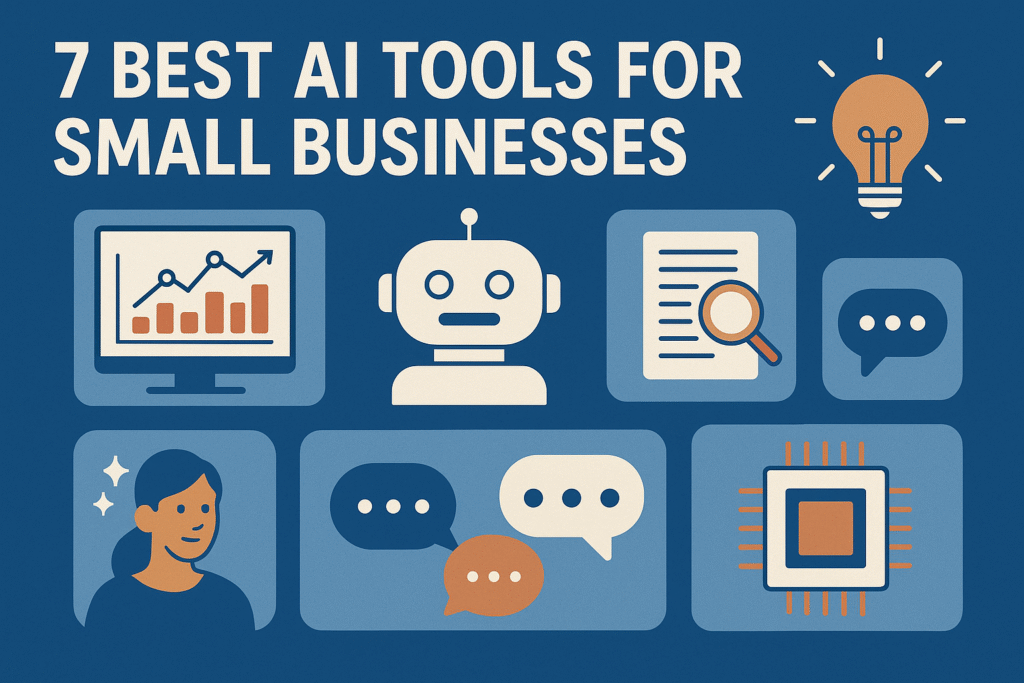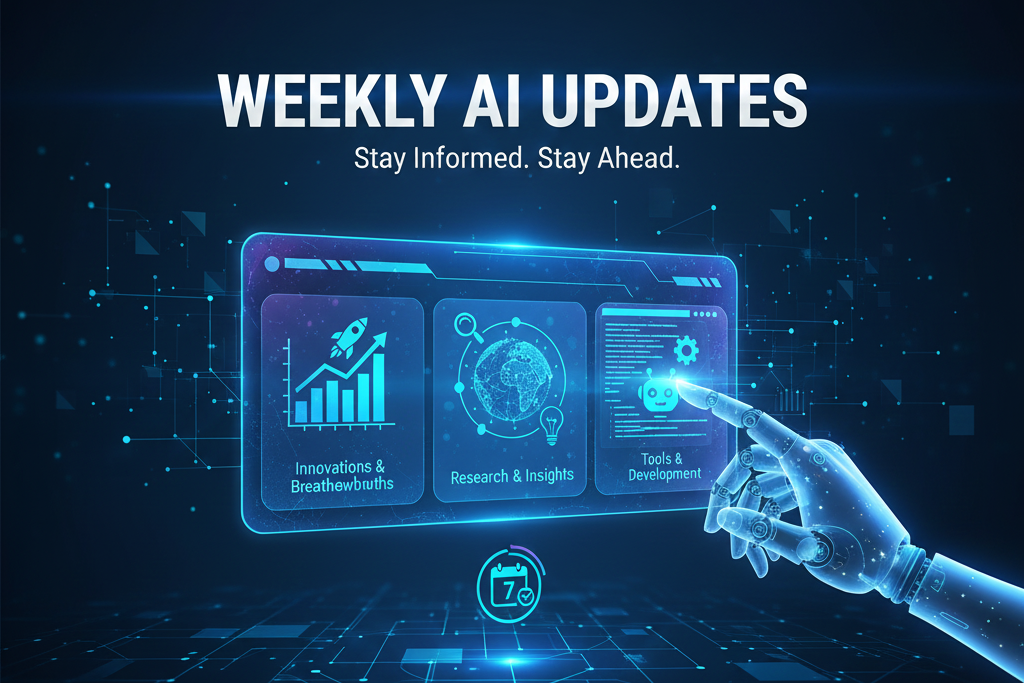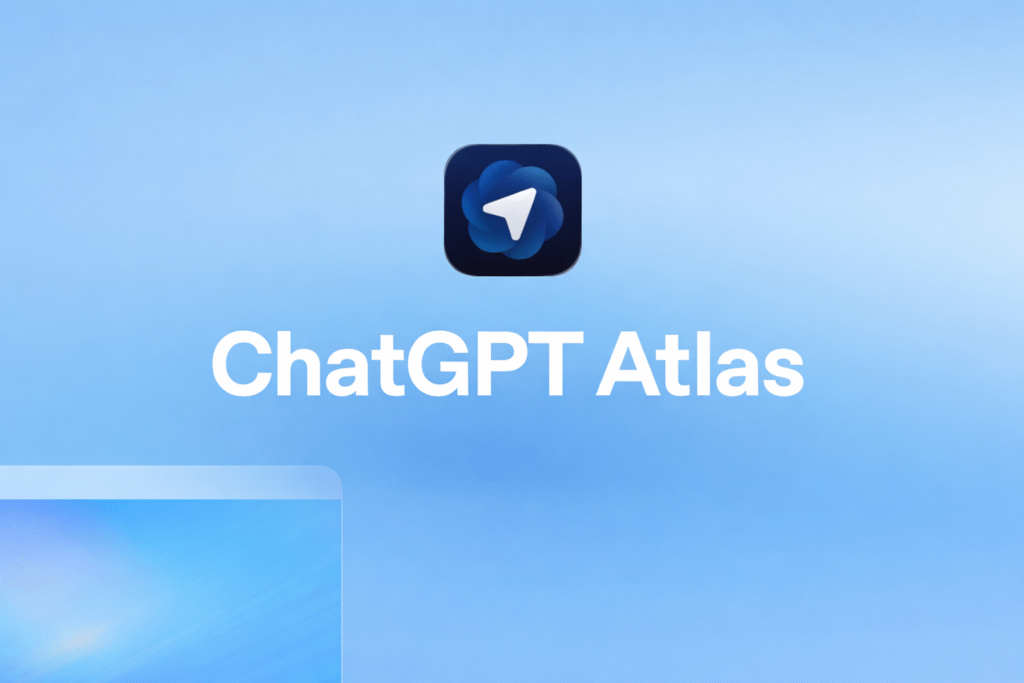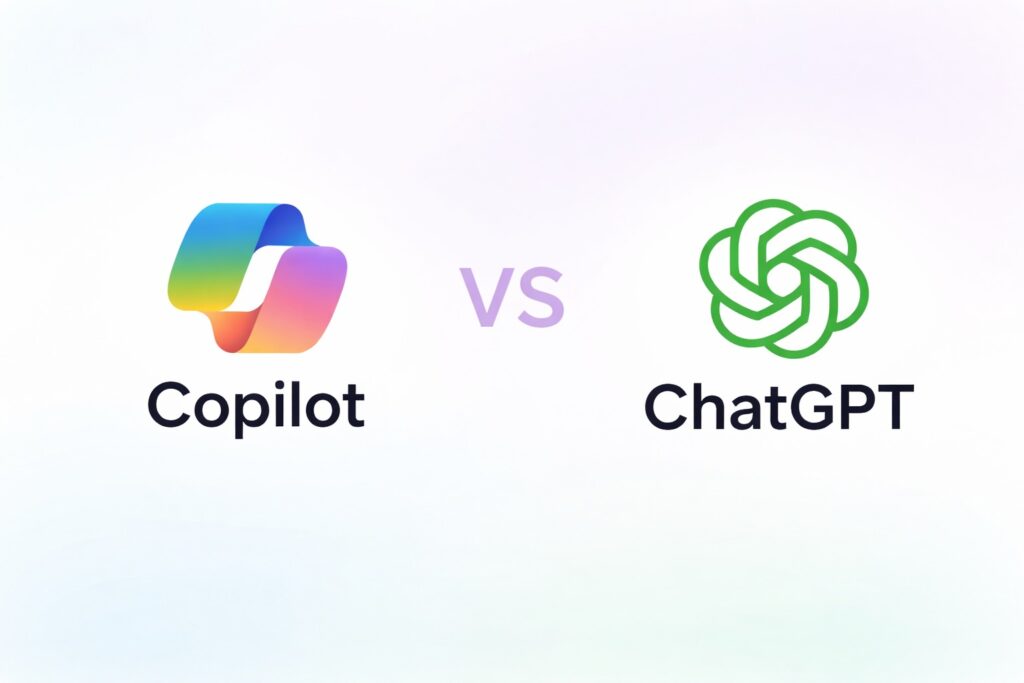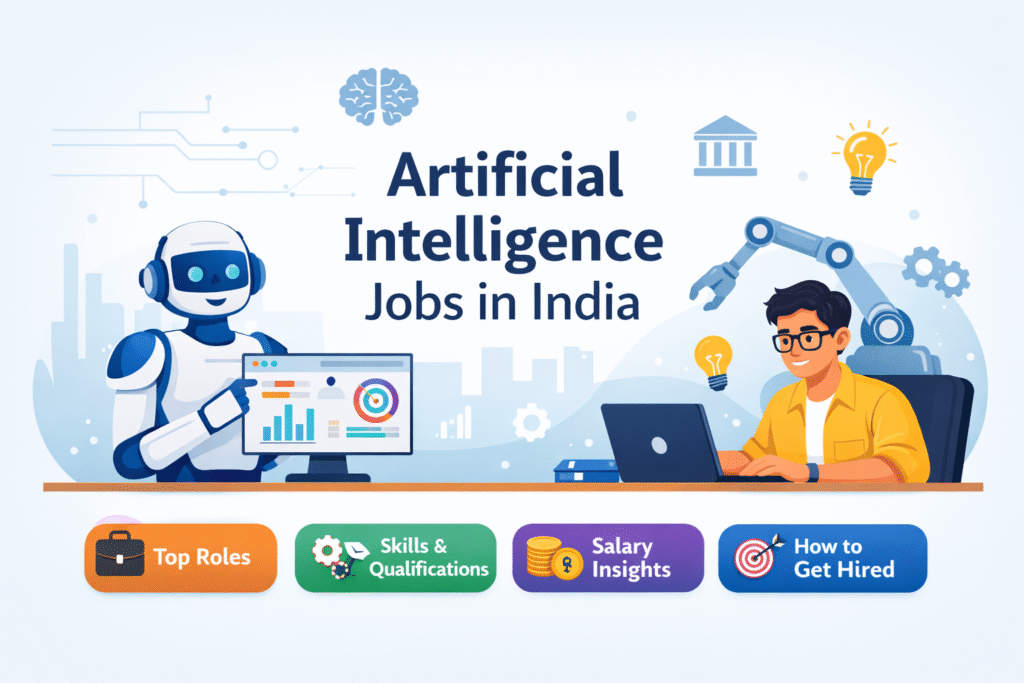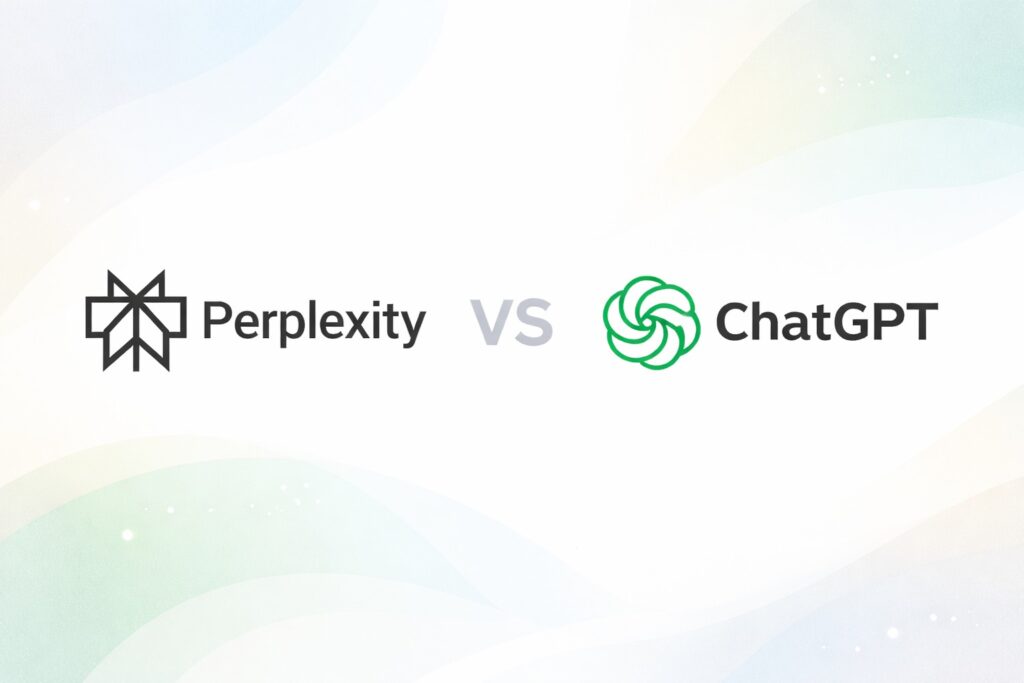Small businesses today are discovering that artificial intelligence is an incredibly powerful friend that can level up their game in the market. Whether you’re running a small accounting firm, managing an HR consulting firm, or launching an online store, AI tools can automate repetitive tasks. They can also boost your productivity and free up your time to focus on what really matters to grow your business.
From handling customer service inquiries and creating marketing content to managing your finances and scheduling appointments, AI can tackle these tasks accurately and efficiently.
In this article, you will understand the benefits of using AI Tools in your small business and what AI Tools are available in the market that you can afford and implement to grow your business.
Benefits of using AI Tools in your small business
AI tools are a helping hand to small businesses that:
- Improves Productivity,
- Saves time
- Cuts costs
- Creates a better customer experience
- Give extra security
But the question is, what are the 7 best AI tools for small businesses? So, let’s discover them in the next section.
7 Best AI Tools for Small Businesses
1. Chorus AI
Purpose:
Chorus AI is a conversation intelligence platform that captures and analyses sales calls, meetings, and demos to help teams improve performance, uncover deal risks, and drive revenue.
Features:
- Auto-transcribes sales calls.
- Analyses customer reactions during calls.
- Provides actionable feedback for sales reps based on call performance and best practices.
Limitations:
- Integration issues with existing CRM systems.
- Technical glitches while syncing data and recording quality audios.
- Lack of customisation options.
2. TaxCycle
Purpose:
TaxCycle is a software to simplify and streamline the tax filing process for accountants, tax professionals, and small businesses.
Features:
- Built-in correction checks.
- Workflow customisation options.
- Smooth integration with other software, such as Xero.
Limitation:
For advanced features, advanced knowledge and experience are required.
3. Tableau Pulse
Purpose:
Tableau Pulse is a simplified, AI-powered version of the data analytics platform, created for not only smaller businesses but also for everyone.
Features:
- Access spreadsheets, databases, cloud platforms, or any other data repository.
- Makes complex analysis easy.
- Handles large datasets easily.
Limitations:
- Lacks some important design and editing features.
- Absence of the scheduling reports option.
4. Proofpoint
Purpose:
Proofpoint is a cloud-based compliance suite that protects companies from security threats and compliance risks.
Features:
- Behavioural AI to detect phishing, spamming and other email threats.
- Uses Deep Learning, Natural Language Processing and Large Language Models for reading data points.
- Strengthens online security while pointing out problems and lags in devices.
Limitations:
- Fails to support modern hyper text markup language when adding banners to emails.
- Lack of email location tracking.
- Cannot scan text from visual content, leading to hidden data loss.
5. Zendesk
Purpose
Zendesk is a customer service software suite that provides businesses with tools for not only ticketing, chat, call centre management, but also self-service support portals.
Features:
- Customer satisfaction surveys.
- Ticket routing.
- Sentiment analysis from surveys.
Limitations:
- Difficulty in Customisation.
- Advanced features require a lot of technical knowledge.
6. Storydoc
Purpose:
Storydoc is an AI-powered presentation builder that automates the process of designing and optimizing presentation slides.
Features:
- AI-powered slide design and layout suggestions.
- Multimedia integration (videos, images, GIFs).
- Presentation collaboration and its version control.
Limitations:
- Video size constraints for free-tier users.
- Lack of integration tool options.
7. Lavender.ai
Purpose:
Lavender.ai is a tool that uses natural language processing and machine learning algorithms to improve the written content more effectively.
Features:
- Runs clarity and coherence checks in content.
- Provides writing suggestions.
- Beats algorithms
Limitations:
- Doesn’t auto-generate bullet points.
- Extra tweaking of writing suggestions costs time.
Final Thoughts
The above-mentioned AI tools are free to use and easy to operate without any high-tech hassle or fuss. So, those who learn these tools will stay ahead in the AI-connected world very easily without worry. These AI tools improve the quality of business output when everything feels tight and tensed up.
So, it would be a wise move to embrace emerging technology to ace the competition in the market, especially when the business is small and visibility is falling short.
FAQs
1. Which is the best AI tool available for small businesses to improve productivity?
Notion AI is the best AI tool available for small businesses to improve productivity.
2. What are the best AI tools that actually help your business?
Free AI tools such as Zendesk, Proofpoint, Tableau Pulse, and Chorus AI can be used by small businesses.
3. What is the best AI Accounting Tool for small businesses?
Zoho Books, Suvit AI, etc, are some of the best AI Accounting tools for small businesses.
4. What are the best tools for taking meeting notes?
Notion AI, Chorus AI and Otter AI are the best tools for taking meeting notes.
5. What are the best free HR AI tools?
Zoho People, GreytHR, Prevue HR, Gusto, etc, are some of the best free HR AI tools.
6. What are the AI Auditing Tools used by Big 4 Accounting Firms?
GL.ai, Clara, Helix, Argus & Cortex are the AI auditing tools used by Big 4 Accounting Firms.
Relevant Blogs:
